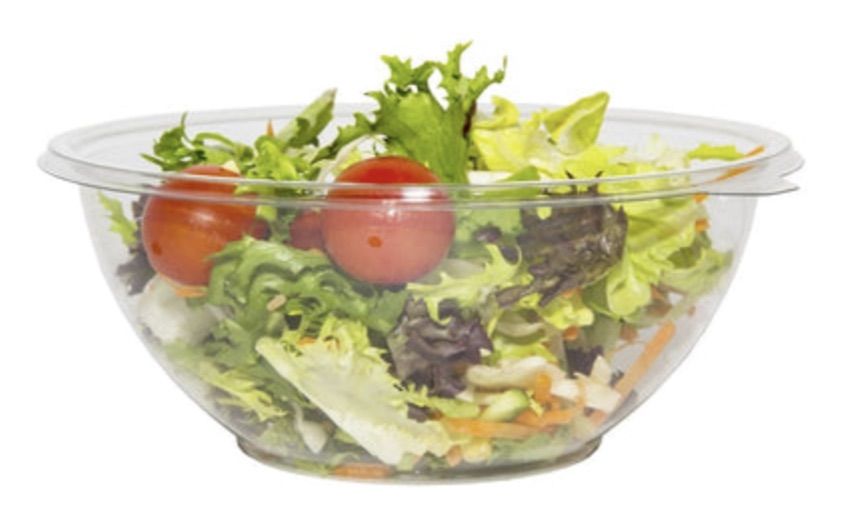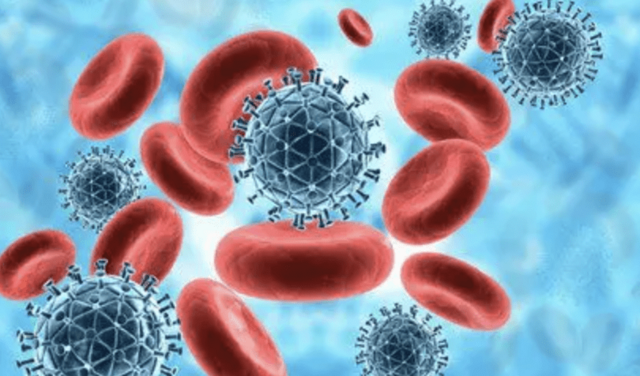LOW-calorie diets are favoured by some, but you need to know the truth about them.
A low-calorie diet (LCD) is between 800 to 1200 calories per day and a very low-calorie diet (VLCD) is between 400 to 800 calories per day. Bottom line: these are to be avoided, end of story.
Diets with low amounts of energy or calories usually come with health warnings as an individual will find it hard to achieve all their numbers/stats in terms of nutrients (carbohydrate, protein, fat, vitamins, minerals) over a given day. This will put your health and wellbeing at serious risk of increased disease.
Low amounts of calories are simply not sustainable over the long term. Low-energy or low-calorie intakes could also lead to disordered eating like skipping meals and ultimately an eating disorder, particularly if you are fixated on your body weight. Food restriction and low-calorie intake can cause tiredness, fainting, low blood sugar, lack of energy (for work, study or exercise) and will affect your learning, memory and problem-solving skills. These are all attributes and skills that we need in daily life. Not taking in enough energy to your body could also weaken your immune system leading to increased risk of viruses and becoming sick. Your bones could also become weak, and can also affect fertilitys.
The sufficient amount of energy or calories as a basic guide is around 2000 for females and 2500 for males to keep yourself healthy.
• Lee McCusker (BA; MSc; MSc; MSc; ANutr; SENr) is a registered nutritionist from Belfast and can be found on Facebook, Instagram and Twitter. Email: attentivenutrition@ gmail.com







